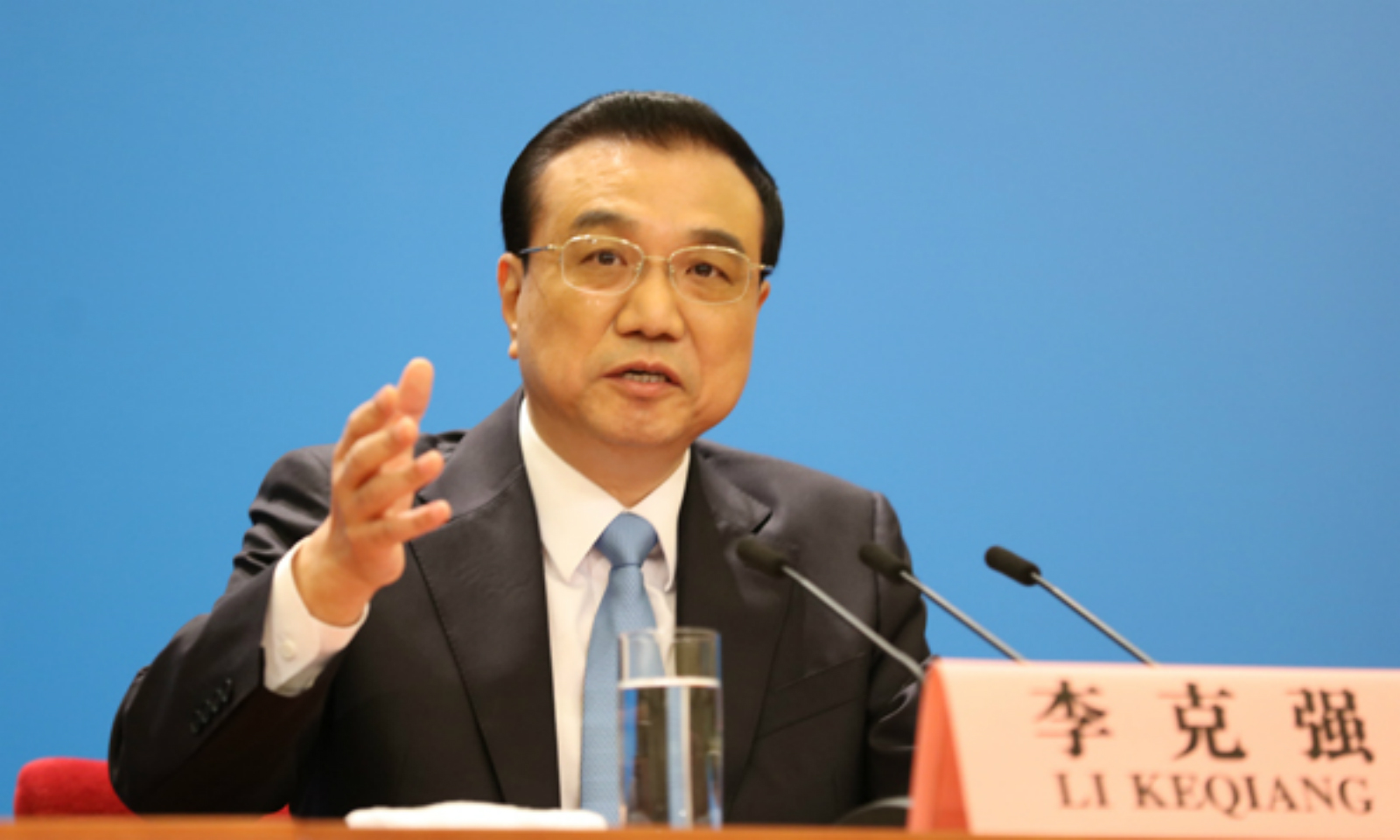(ATF) Despite growing unease globally about China’s ambitions, the country is trying to draw foreign investors back with a new charm offensive even as its”wolf diplomacy” in border regions and elsewhere continues to ruffle feathers.
Premier Li Keqiang made promises to ease restrictions on foreign traders and businesses in a speech yesterday.
Once dubbed “Li-kerching” (kerching is an English euphemism for the opening of a cash register) by The Sun newspaper when he visited the UK offering huge investments, Li is now seen as the voice of reason while other Chinese Communist Party leaders have been more aggressive towards overseas interests.
As premier, Li’s position is usually filled by a more sympathetic number two position to the more hardline presidency and party chairman, currently Xi Jinping – whose physical absence, along with other Politbureau members, has been noted recently.
READ MORE: China opens more industries to foreign investment
Part of Li’s remit appears to be building bridges with the business community. China will work to further shorten the time required for starting a business and better regulate the fees charged to businesses from industry bodies and associations, in an effort to lessen corporate burdens and spur their vitality, the State Council’s executive meeting chaired by Li Keqiang decided on June 24.
This follows a recent hardening of the EU’s stance on China.
“EU-China relations have evolved in recent years. Our economic interdependency is high, and we must work together on global challenges like climate action, meeting the Sustainable Development Goals or dealing with COVID-19,” President of the EU council Charles Michel said.
“Engaging and cooperating with China is both an opportunity and necessity. But, at the same time, we have to recognise that we do not share the same values, political systems, or approach to multilateralism. We will engage in a clear-eyed and confident way, robustly defending EU interests and standing firm on our values.”
With numerous issues in contention, especially the Chinese State backing key enterprises to dominate the EU market place, moves are afoot to prevent predatory commerce in the EU as its fragile economy emerges from the first coronavirus wave.
READ MORE: Life made easier for overseas traders
Human rights, especially in Hong Kong and Xinjiang, are also affecting EU policymakers’ stance. Similarly, the US has been far more aggressive with tariffs, bans and talk of sanctions on individual party members. Politicians in the US claim there are too many loopholes, such as the ban on exporting high-tech chips to China, and it is widely misunderstood that lawyers are picking the measure apart.
The UK, as it leaves the EU is in a vulnerable position, even though former Prime Minister David Cameron has set up a China consultancy. For instance, the government is wavering on whether to accept Huawei technology and other issues.
China prefers to negotiate bilaterally on trade, which it cannot do with the EU, but can with the UK in present circumstances.
Many other countries, such as Canada, India, Australia, Vietnam, Japan and others have ongoing conflicts with China on various matters.
Though foreigners cannot enter China physically at present, are Li’s promises likely to lead to overseas business drawing up new business plans? Many famous corporations have made a success in China, and many have failed.
The State Council says the Chinese government puts strong emphasis on fostering an enabling an embracing business climate. General Secretary Xi Jinping recognised the business environment as “the soil nourishing corporate development”, and underlined the imperative to deepen reforms in key areas to foster a world-class, market-oriented business environment governed by a sound legal framework.
Premier Li highlighted the need for transforming government functions and improving the business climate as key steps in China’s reform and opening-up, and major reform measures in properly handling the relations between the government and the market. These reforms must be persistently pushed forward.
In reality the reform agenda stalled somewhat under the current Chinese leadership until new measures were rolled out to try and meet the economic challenge of coronavirus, and capital markets for investors have made huge strides to attract foreign investment in stocks and bonds, insurance and pensions.
As Chinese firms become bigger players on the world stage China’s financial markets need to become more integrated into the global system.
But many foreign countries are calling foul as China does not offer a level playing field to foreign enterprises wishing to enter its complex domestic market.
The State Council announced a list of problems it is aware of, and about which foreign businesses have protested for decades. The meeting on June 24 adopted measures to better regulate the fees charged by industry bodies and associations, and specified five instances where unauthorised levy of fees is now prohibited.
Industry bodies and associations must not force enterprises to get enrolled and pay fees by using impact of government departments or their influence. No unwarranted charges should be introduced on the grounds of statutory mandate or government-commissioned matters. No charges will be allowed for contests, performance evaluations or commendations. Unsanctioned charges are banned for certification of professional qualifications. And charges imposed before services rendered or repetitive charges will be forbidden.
The “arbitrary levy of fees must be resolutely dealt with,” Li said. “Some industry bodies and associations are monopolistic in nature and cover a wide range of sectors. The fees they charge are not all reasonable.”
























